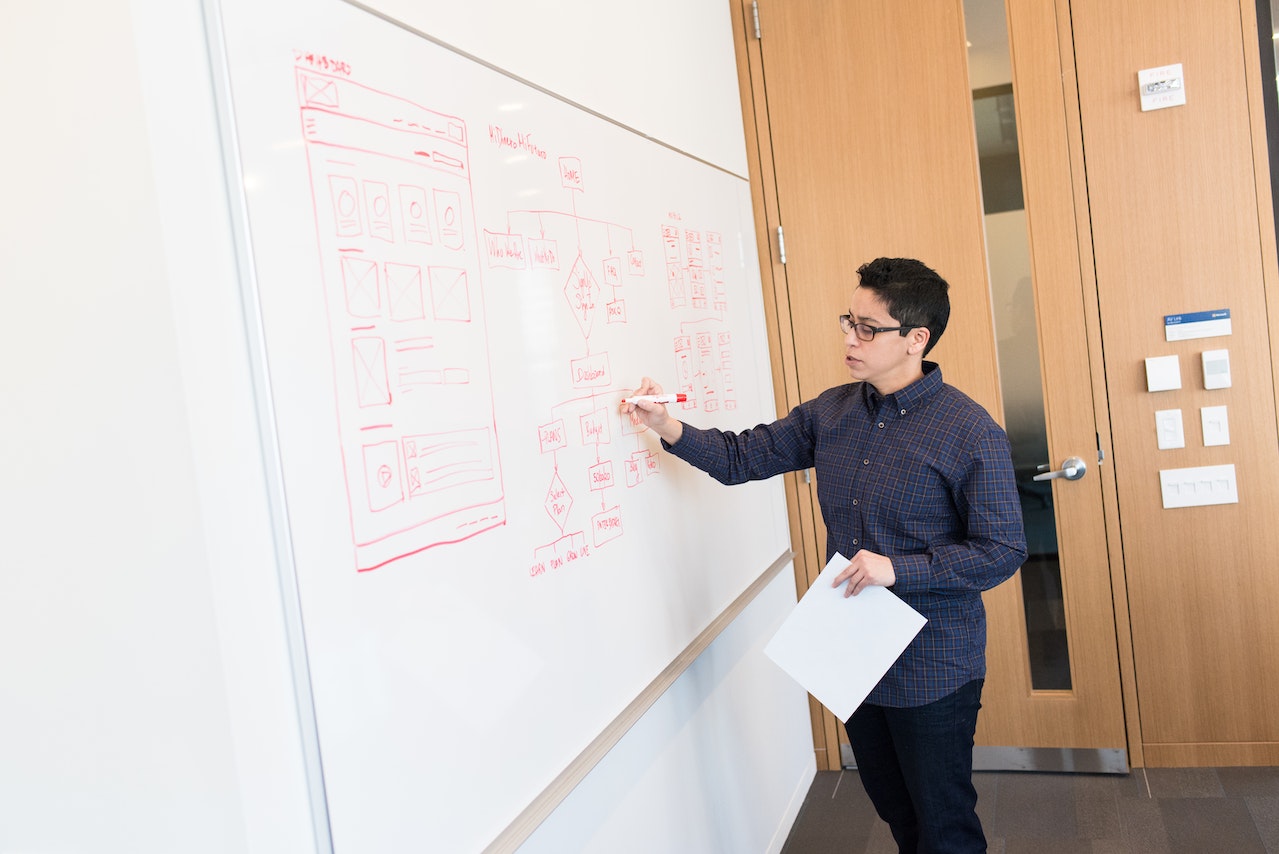When it comes to the fast-paced and ever-evolving world of the moving industry, how can you ensure your business stands out from the competition? The answer lies in the power of employee training. By investing in the growth and development of your workforce, you have the opportunity to unlock a world of possibilities. In this article, Verified Movers will venture on a journey to explore the importance of employee training in the moving industry and discover the best practices that can help your business thrive. So, are you ready to discover the key that can propel your moving business to new heights? Let’s dive in and find out.
Best Practices for Employee Training in the Moving Industry
Moving involves handling heavy items, using specialized equipment, and maneuvering in various environments. Training ensures employees are well-versed in safety protocols, reducing the risk of accidents, injuries, and property damage. Additionally, training enhances efficiency by teaching employees time-saving techniques and optimal packing and moving methods. The moving industry is constantly evolving, with the emergence of innovative tools, software, and techniques. Regular training keeps employees up-to-date with these advancements, enabling them to leverage technology for enhanced productivity and customer experience.

The frequency and content of employee training in the moving industry are similar to any kind of employee training. Let’s go over some basics:
- Initial Onboarding: New employees should undergo comprehensive training during the onboarding process to familiarize themselves with company policies, procedures, safety guidelines, and industry best practices.
- Ongoing Development: Moving companies should conduct regular training sessions, such as quarterly or bi-annual workshops, to refresh employees’ knowledge and address any emerging challenges or trends.
- Diverse Training Modules: Training should cover a range of topics, including packing techniques, inventory management, customer service skills, effective communication, conflict resolution, and the use of specialized equipment. Additionally, it can include modules on time management, stress reduction, and teamwork to foster a positive work environment.
Technical skills training
In the moving industry, specific technical skills are required to perform tasks such as packing, loading, and transportation. Hands-on training and practice are essential for employees to develop proficiency in these areas. Ongoing training is also vital to keep them updated with the latest industry best practices and technologies.
Customer service and communication training
Effective communication skills are vital when dealing with customers. Training in handling customer inquiries and complaints and resolving issues equips your employees with the necessary tools to deliver exceptional customer service. Emphasizing professional etiquette, empathy, and active listening ensures positive customer interactions and fosters customer loyalty.
Safety and compliance training
Understanding and adhering to safety protocols and regulations is critical for a safe working environment. Training in proper equipment usage, lifting techniques, and vehicle safety ensures that your employees are equipped to perform their tasks safely and responsibly. Regular safety training and compliance updates keep your workforce well-informed and maintain a culture of safety.
Enhanced Customer Experience
As with any industry goes, the importance of employee training in the moving industry lies in customer experience and satisfaction. Delivering an exceptional customer experience is paramount for Miami top movers. Well-trained employees are the face of your business and play a crucial role in ensuring customer satisfaction. By providing them with the necessary training, you equip them with the skills to excel in their roles.
Effective communication, professionalism, and exceptional customer service are the pillars of a positive customer experience. When your employees are well-trained, they are able to communicate effectively with customers, understand their needs, and address any concerns promptly. This leads to increased customer satisfaction, repeat business, and positive word-of-mouth.

To build trust and foster positive customer relationships, training is essential. It enables your employees to demonstrate professionalism, handle difficult situations with grace, and provide reliable and efficient moving services. By investing in their training, you are investing in the success and growth of your business.
Improved Efficiency and Productivity
Efficiency and productivity are vital in the moving industry, where time is of the essence. Proper training empowers your employees with the knowledge and skills to perform their tasks efficiently, resulting in streamlined operations and increased productivity. This is especially significant in cities where every minute matters when it comes to frequent traffic congestion, like Houston. Efficiency training should be paramount for top movers in Houston. By training your employees in efficient moving techniques and time management, you can optimize the moving process, reducing overall costs and ensuring timely deliveries.
A well-trained team can work together seamlessly, maximizing productivity and minimizing downtime. Additionally, effective training contributes to reducing errors, damages, and accidents. When your employees are equipped with the necessary skills and knowledge, they are less likely to make mistakes that can lead to costly damages or safety hazards. This not only saves you money but also enhances the overall quality of your services.
Safety and Risk Management
Safety should always be a top priority in the moving industry. Training plays a critical role in reducing workplace accidents and injuries, protecting your employees, and minimizing liabilities.
Through safety training, your employees learn proper lifting techniques, equipment operation, and safe driving practices. This knowledge equips them with the skills to navigate potentially hazardous situations and prevent accidents. By prioritizing safety training, you create a secure working environment for your employees and instill a culture of safety within your organization.
Not only does training contribute to employee safety, but it also minimizes the risk of insurance claims and legal issues, especially in cities with explicit law requirements for top Seattle movers like Seattle. By adhering to safety protocols and regulations, you mitigate potential liabilities, protecting your business from financial setbacks and reputational damage.
Implementing Effective Employee Training Programs
The very implementation of an effective employee training program starts with assessing training needs. Conducting a training needs assessment allows you to identify skill gaps and areas for improvement. By understanding the specific training needs of your employees, you can develop individualized training plans that align with their roles and career development goals.
Utilizing various training methods
Different employees have different learning styles. Utilizing a blended approach, which includes in-person sessions, online courses, and hands-on workshops, ensures that you cater to diverse learning preferences. Training resources such as instructional videos and simulations can enhance the learning experience and improve knowledge retention.
Tracking and evaluating training effectiveness
Tracking and evaluating the impact of training programs is essential to gauge their effectiveness. Using metrics, assessments, and feedback allows you to measure employee progress and identify areas for improvement. Establishing feedback loops ensures continuous improvement in training content and delivery.
Promoting a culture of continuous learning and encouraging professional development
Providing opportunities for employees to enhance their skills and knowledge is crucial for their growth and the success of your business. Offering ongoing training programs and career advancement opportunities not only motivates your employees but also ensures that they stay up-to-date with industry trends and developments.

Knowledge sharing and mentorship
Creating an environment that encourages knowledge sharing is invaluable. Implementing mentorship programs allows experienced employees to pass on their expertise and promotes skill development within your organization. Fostering a supportive culture where employees can learn from one another cultivates a sense of community and continuous learning.
Can You Afford to Ignore the Importance of Employee Training in the Moving Industry?
Investing in employee training is not just an expense. It is an investment in the success and growth of your moving business. By providing your employees with the necessary skills, knowledge, and support, you enhance customer experiences, improve efficiency and productivity, and prioritize safety and risk management. And in that lies the importance of employee training in the moving industry. By implementing best practices in employee training, you create a competitive advantage and pave the way for long-term success in the moving industry. So, prioritize training, invest in your employee’s development, and unlock the full potential of your moving business today.




